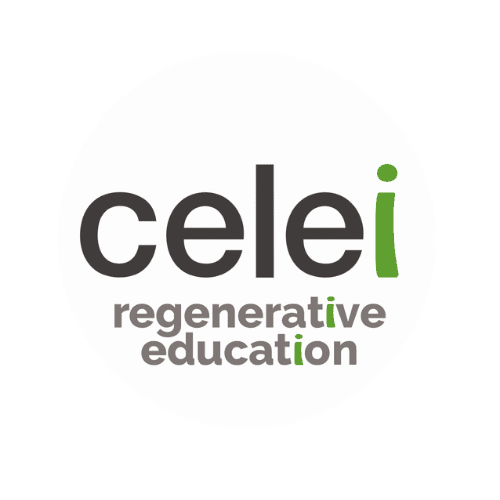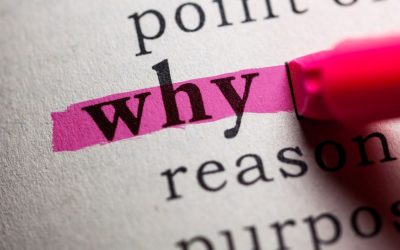
Blog
What is
Sustainability?
Many types and definitions of sustainability exist. They typically have in common the improving of economic, environmental and social aspects in a society in balance with each other. Something may take one of the three forward but not if it is at the cost of the other two. Ideally a community activity/custom/way of living would take and nourish all three to some extent. The Brundtland Report is often quoted as defining sustainability as :
“development that meets the needs of the present without compromising the ability of future generations to meet their own needs”
Applying this to all three factors necessary for sustainable development, it is clear much is to be done.
Economically in the world the top 8.6% of humanity own 85.6% of the world’s economic wealth.
With regards to the environment, the Global Footprint Network data shows that humanity uses the equivalent of 1.75 planet Earths to provide the renewable resources we use and absorb our waste. 56% of all carbon we produce remains in the atmosphere.
Socially, we must strive towards a system in which employment can thrive alongside the other pillars of sustainability. Thankfully, if sustainable development is done well the pillars support each other. Celei looks to explore these forms of sustainable development in communities and deepen the student’s knowledge of the current situation of our planet.
We believe in the vital importance of sustainability as without it we will not only suffer in our lifetimes but also compromise the livelihood of posterity. Changes can be made in all different facets of our lives from the smallest of lifestyle adjustments to fighting for larger scale changes in our society. On our courses, we hope to educate and introduce students to new ideas, lifestyles and schemes that form a part of the Sustainable movement.

How to integrate sustainability into everyday life:
Transport: Electric vehicles, walking and cycling to work/school, carpooling,
Food: Buying from local independent vendors, locally produced foods, reduce buying of products with plastic, attempting to grow vegetables or foods in back garden or in pot on windowsill, community gardens (shared in cost where each community member can grow food).
Waste: ensuring recycling takes place in the home, avoiding buying products that cannot be recycled, using compost bins which can then feed vegetable patches/community garden soil as fertilizer.
Electricity and appliances: LED lights (economically and eviron. more sustainable), switching off appliances not in use

The Benefits of Sustainable:
The benefits of sustainability are obvious on the large scale: literally saving our planet. Also, sustainability has individual benefits which can enrich the lives of people. A sense of direction and purpose. Living in an area with cleaner air and water greatly contributes to health. Enjoying biodiversity and the coexistence with the other species that inhabit Planet Earth. Worldwide, we have lost 60% of the vertebrate species in the air, water, and land since 1970.
Psychologically, we benefit from taking care of ourselves and our environment, this is explored much in Celei courses: the relationship between emotional wellbeing and a sustainable lifestyle. Thomas Doherty writes that “it is common knowledge within environmental psychology and eco-therapy that the research findings about the restorative effects of natural settings are some of the most robust in the social and health sciences.” Sustainability not only ensures that natural spaces become increasingly available, but also that jobs are produced alongside this environmental regeneration. Both are sources of mental wellbeing and help tackle depression, anxiety and various other mental illnesses.
Innovative ideas and projects:
For entertainment: More reading and playing games as opposed to television technology which uses electricity
Celei:
Courses at Celei offer a broad range of sustainable learning, field study projects and community partnership. We believe in both learning as we teach as well as imparting a unique outlook on the situation of sustainability as it truly is on our planet.
#CoolReg Blog
Why are we so Tired of e-Learning?
The pandemic has made it abundantly clear that in-person school is essential for the well-being and education of students, and it is only through a physical environment that students can function to the best of their ability.
The Importance of Regenerative Culture Education
Being conscious that Sustainability is not enough to face the climate crisis that’s coming, we will have to move beyond a system that is not giving back to the earth the damage we’ve already done on the planet.
Start With Why
Times change and with it individual and collective needs. We live in a world full of offers, beliefs and ideas that are distant from emotion, what defines us as individuals and our personal goals.
Follow
Contact Us
This site is protected by reCAPTCHA and the Google Privacy Policy and Terms of Service apply.



